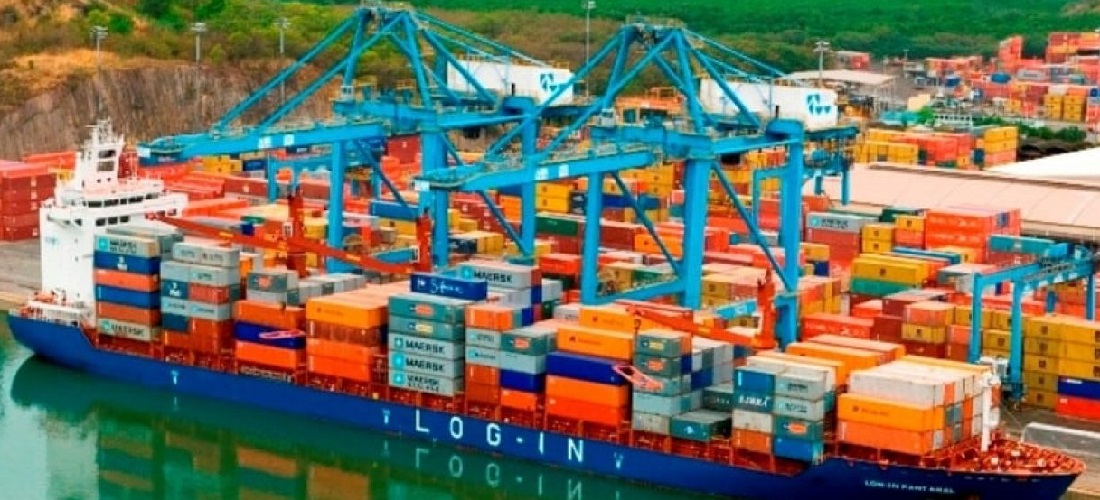
Staple food items’ prices may drop 4% with the AFRMM reduction
Mar, 29, 2022 Posted by Gabriel MalheirosWeek 202213
The Brazilian National Congress overturned vetoes to the bill that established the BR do Mar, the federal cabotage transportation incentive program. Among the now-overturned vetoes was a reduction proposal to the Additional Freight Rate for the Renewal of the Merchant Marine (AFRMM) and extend Reporto.
With the vetoes reversed, the AFRMM rates went from 25% to 8% in long-distance navigation and 10% to 8% in cabotage shipping. As for navigation on rivers and lakes, the rate will now be 40% for liquid bulk transport and 8% for solid bulk and other cargoes in the North and Northeast regions.
According to the Ministry of Economy, lowering the AFRMM might result in a 4% decrease in the price of the basic food basket. The Economic Policy Secretary of the Ministry of Economy also estimates an impact of 0.2% on GDP since this will make domestic production cheaper.
According to Senator Nelsinho Trad (PSD-MS), the overturned vetoes are essential for reducing production costs and allowing more significant investments in port infrastructure.
“The Executive terminated Reporto, the tax regime aimed at encouraging modernization and expansion of port structure last year. According to the Ministry of Infrastructure itself, this tax instrument is essential for keeping the country attractive to investments. Congress also rejected the veto that excluded solid bulk cargoes from the non-incidence of AFRMM, which will reduce shipping costs and make cabotage more competitive.”
The master in transportation from the University of Brasília, Emmanuel Aldano, says that reducing the AFRMM can reduce inflationary pressures throughout the production chain.
“Given the context of worldwide inflationary pressure on freight rates, any stimulus will aid in easing limitations in the transportation chain, particularly in the case of cabotage shipping. As a result, [lowering AFRMM rates] will lower total operating expenses that affect the entire production chain.”
However, Emmanuel points out that the reduction in rates may lead to shortages in the Merchant Marine Fleet Renewal Fund, fed by AFRMM. “It is critical that our vessel fleet is modern and up to date as it contributes to the shipping industry’s efficiency.”
To read the full original article, please go to:
-
Ports and Terminals
Jul, 23, 2024
0
Lease contracts in Rio Grande do Sul ports tell-tale signs of sustained growth path
-
Meat
Jul, 22, 2021
0
USA is already the third-largest importer of Brazilian beef
-
Grains
Jul, 28, 2022
0
Wheat exports from Argentina is estimated at 12.85 million tonnes
-
Shipping
Aug, 05, 2022
0
BR do Mar: gov’t issues decree allowing companies to enroll in the cabotage program



